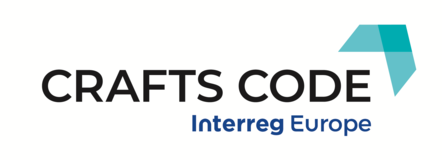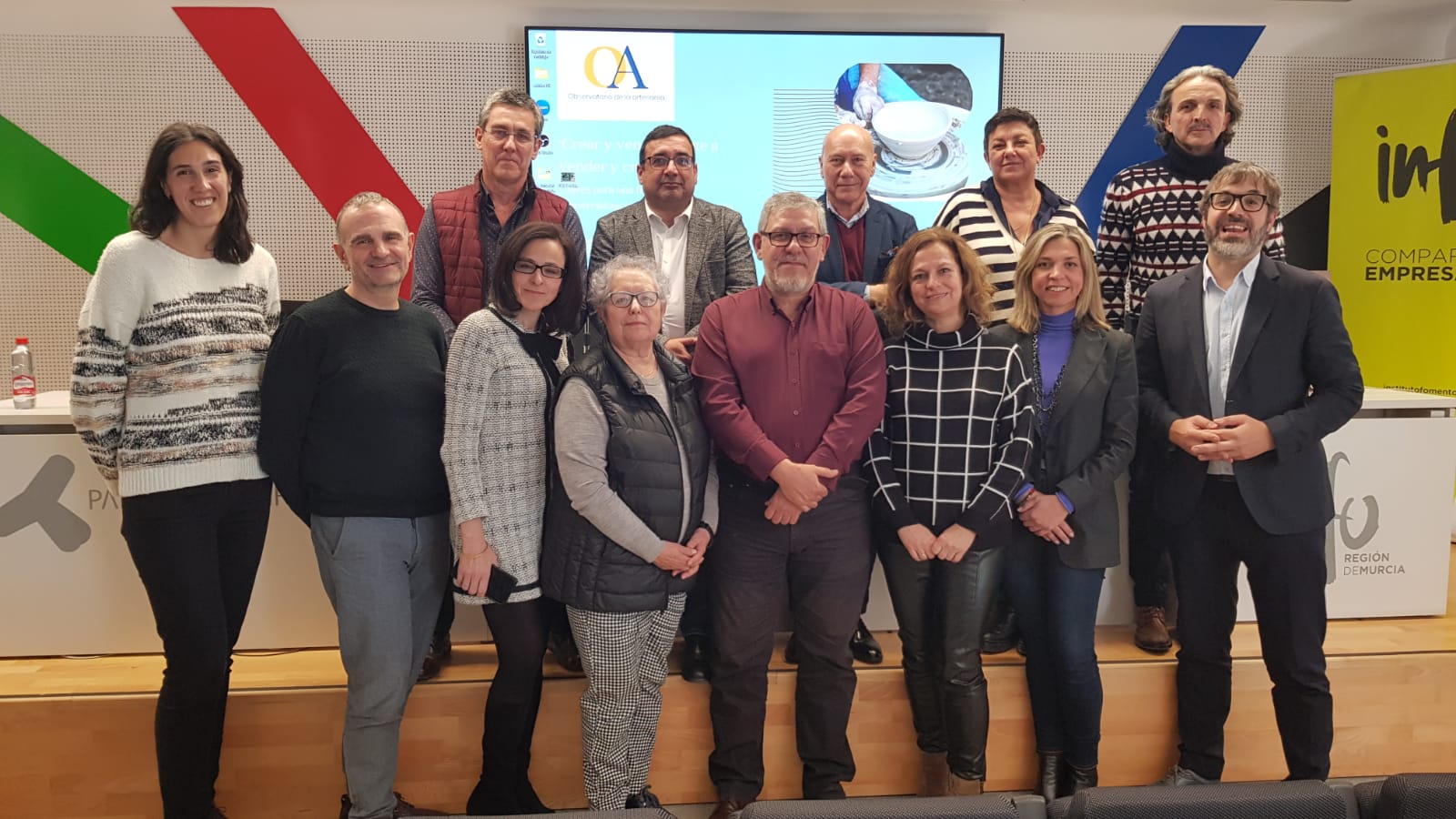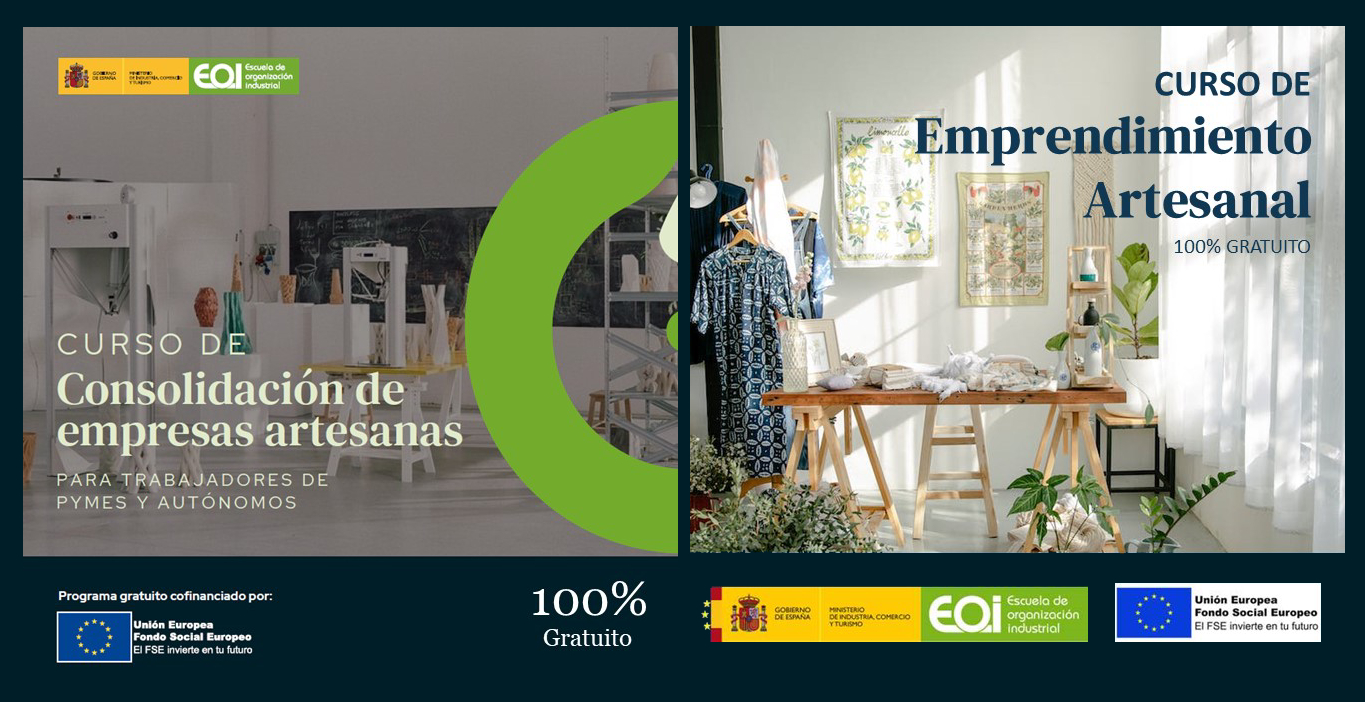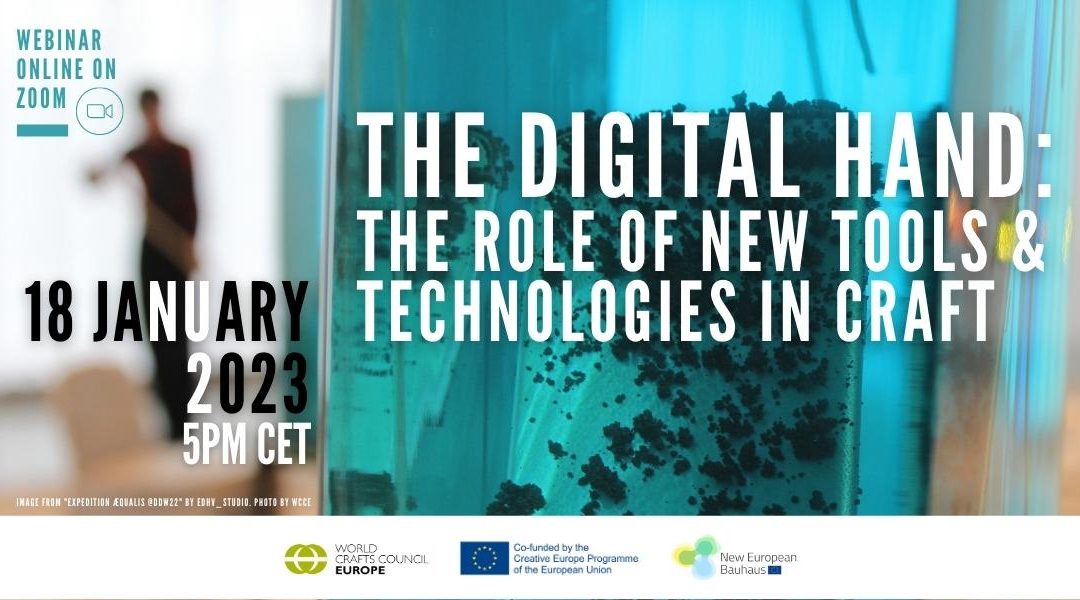On Dec 15th, 2020, Budapest Enteprise Agency organised the 4th local stakeholder meeting via Zoom. The purpose of the meeting was to prepare local stakeholders for the Second Interregional Thematic Seminar. The two-day public event is taking place on the 16-17th morning of December 2020, and is focusing on the topic “How to find new markets and targets” and promotes good practices from Bulgaria, Ireland, Spain, Italy, Finland and Hungary.
Márton Ilyés – President of Budapest Enterprise Agency, presented to the participants in the meeting the new activities of the agency, namely supporting smart city projects and economic analysis. Also, he shared info on the new micro loan opportunities which were created to help in difficult times such as COVID-19. It is dedicated for micro enterprises including crafters as well.
Mónika Alíz Mészáros - EU project manager informed participants about the status quo of the CRAFTS CODE project and asked them to participate in the 2nd International Thematic Seminar in order to learn good practices from different countries. She highlighted the further opportunities of the CRAFTS CODE project such as the planned activities for 2021 (events in Kilkenny and Antwerp) and 2022 (event in Budapest) which will be hopefully offline opportunities as well.
Participants also learnt a Hungarian good practice called WAMP, introduced by Réka Matheidesz who dreamed and thEn created the internationally recognised brand in 2005. The WAMP is the Sunday Design Market is a design fair which provides platform for Hungarian designers to show their work to a larger public in the fields of fashion, accessories, jewellery, home decoration, photo or gastronomy. Beyond that WAMP is also a community spot where creators, visitors of all generations, professionals in the creative industries and those interested in design and fashion can all meet up and where visitors can bring along their family, friends or favourite pet too. She highlighted that the community building was one success factor and that they were able to do storytelling for visitors about the artists and crafters. They faced problems like bureaucracy when booking the venues and it was interesting to learn that in the beginning internationalisation was not their intention but due to good contacts they were succeeding in other countries as well such as in Austria and the Netherlands.
The participants in the virtual meeting had the opportunity to ask from the presenters and understand what are the success factors of creating such a good practice which is sustainable.
At the final part we created synergy with an Interreg Central Europe project called SACHET and we learnt from the Pécs-Baranya Chamber of Commerce and Industry Hungarian project partner how we can strengthen each other and work together in order to reach the target group.











